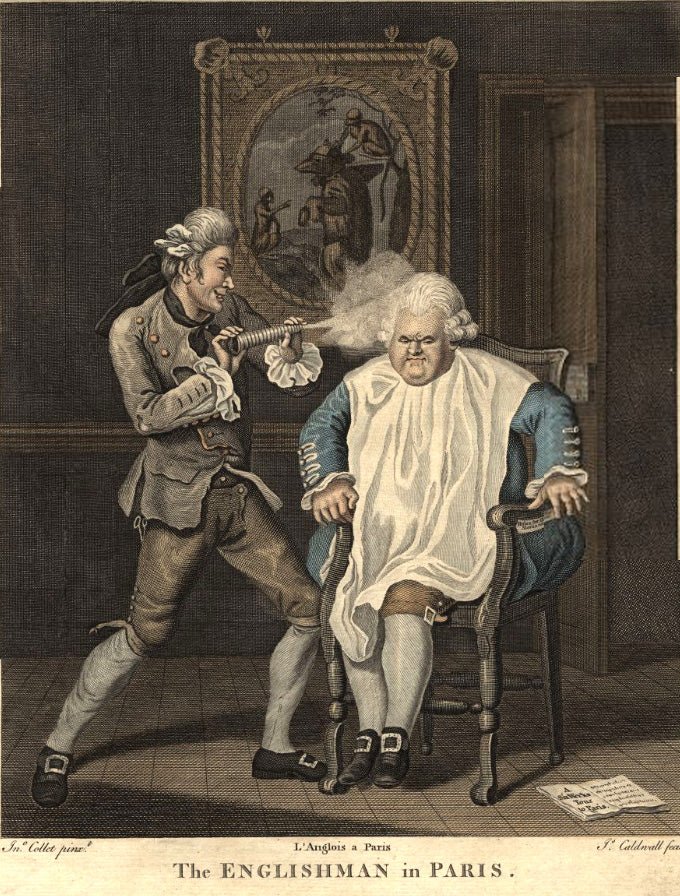The Significance of Human Hair Throughout History Throughout history, human hair has stood as a symbol of beauty and style across various cultures around the world. Today, the global human hair market is a burgeoning industry encompassing the collection, processing, and sale of hair for a myriad of purposes, from extensions to wigs and beauty products. In this article, we delve deep into the origins and dynamics of this market, emphasizing the ethical and legal challenges surrounding it.
Collection and Origins of Human Hair: Contrary to common belief, the human hair used in the industry isn't sourced from charitable donations. Instead, it's gathered from various sources, including:
- Beauty Salons and Hairdressers: A prevalent source of hair comes from beauty salons and hairdressers in certain parts of the world, where hair is collected and sold during routine haircuts. This practice is uncommon in Europe.
- Auctions and Traders: In some regions, especially where economic conditions are challenging, hair is directly collected from individuals. This hair is often sold to intermediaries or at auctions. Typically, this is the hair used in hair prosthetics.
- Religious Temples: In specific cultures and religions, it's customary to offer hair as an act of devotion. However, this hair often finds its way to the commercial market rather than being used in a religious context.
- Direct Sales by Individuals: Some people sell their hair directly as a means to earn an additional income.
Processing and Sale: Once collected, human hair undergoes a process of selection, cleaning, and classification to ensure its quality and utility. It's then sold to wig manufacturers, extension producers, and beauty product creators worldwide. The primary purchasers are companies aiming to craft products that exude a natural and appealing look.
Ethical and Legal Challenges: The human hair market isn't without its share of ethical and legal challenges. A pressing concern is the industry's lack of regulation. In some instances, hair is collected without proper knowledge or consent from individuals, raising issues of exploitation and human rights. Furthermore:
- Working Conditions: Hair collection might involve precarious and exploitative working conditions, especially in regions where people face vulnerable economic situations.
- Transparency: The true origin of hair remains unknown to many consumers and purchasers. This lack of transparency makes it challenging for people to make informed and ethical decisions.
- Human Rights Concerns: In some cases, hair collection happens without the full knowledge and consent of individuals, raising human rights and informed consent issues.
- Industry Accountability: The human hair industry must shoulder the responsibility of ensuring ethical and transparent practices throughout the supply chain.
Conclusion: The global human hair market is a complex and ever-evolving industry. As awareness of the ethical and legal challenges grows, it's imperative for consumers and businesses alike to stay informed and make enlightened decisions. Regulation, transparency, and human rights respect are paramount in reshaping this industry into one that upholds ethical and human values. Ultimately, human hair should not merely be viewed as a beauty accessory but as an extension of the dignity and respect towards those who provide it. Only trust companies that ethically source natural hair 100%.



Leave a comment
This site is protected by hCaptcha and the hCaptcha Privacy Policy and Terms of Service apply.